Explore letters and official documents related to the Underground Railroad from the front line in Maryland.


Explore letters and official documents related to the Underground Railroad from the front line in Maryland.

Winner of the 2002 Pulitzer Prize for Breaking News Reporting, this analysis published on September 12, 2001, discusses how the previous day’s attacks might change day-to-day life in America.

Once upon a time, a seven-year-old girl named Linda Brown walked six blocks to a bus stop and then rode a bus to school, although another school was only seven blocks from her home. Check out this site to learn what happened when she tried to change schools—and succeeded.

A Nazi industrialist may not fit the usual idea of a hero, but Oskar Schindler used his wealth, charm, and connections to save the lives of over 1000 Jews during World War II.

As many athletes and fans know, sports can unify people who don’t have much in common otherwise. This article explains how Nelson Mandela used rugby and other sports to help unify the people of South Africa after years of racial segregation.
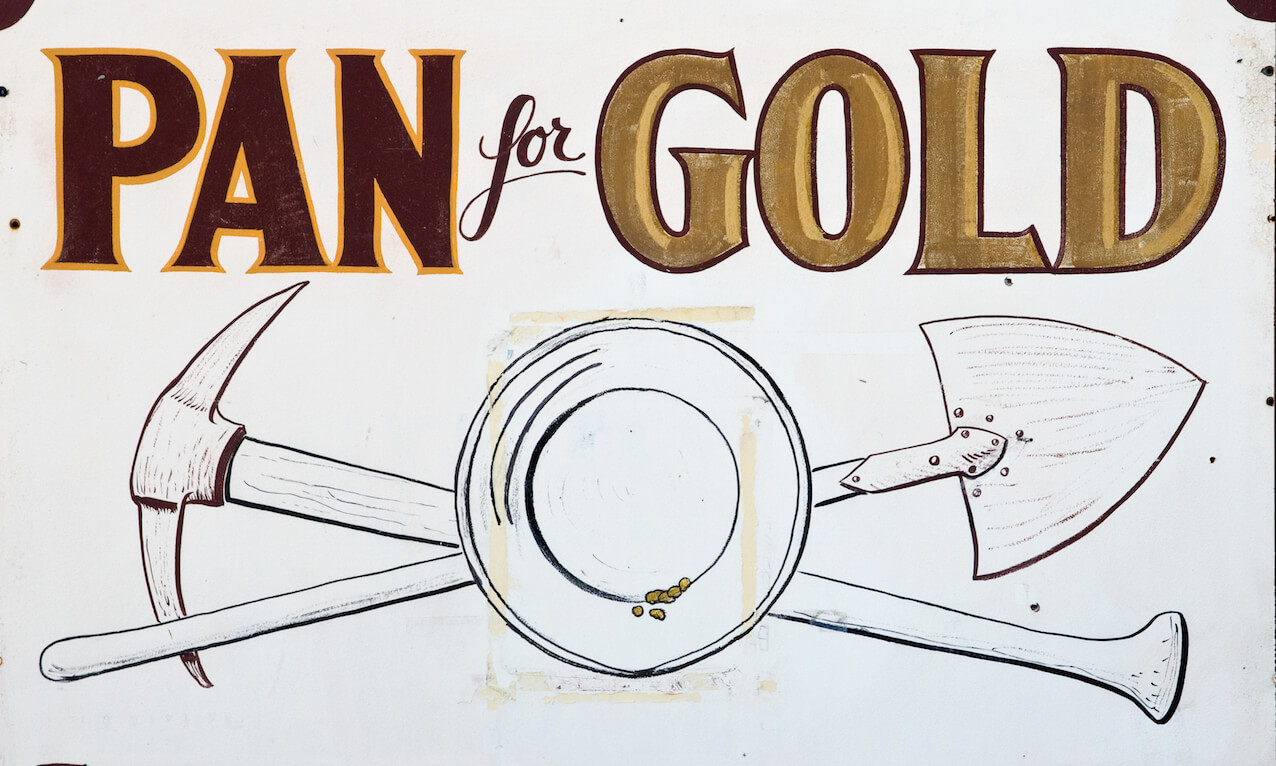
Writer Mike McPhate discusses the mindset of settlers willing to take risks during the California gold rush of the mid-19th century. He ties that idea to tech entrepreneurs’ willingness to fail in the same state today.
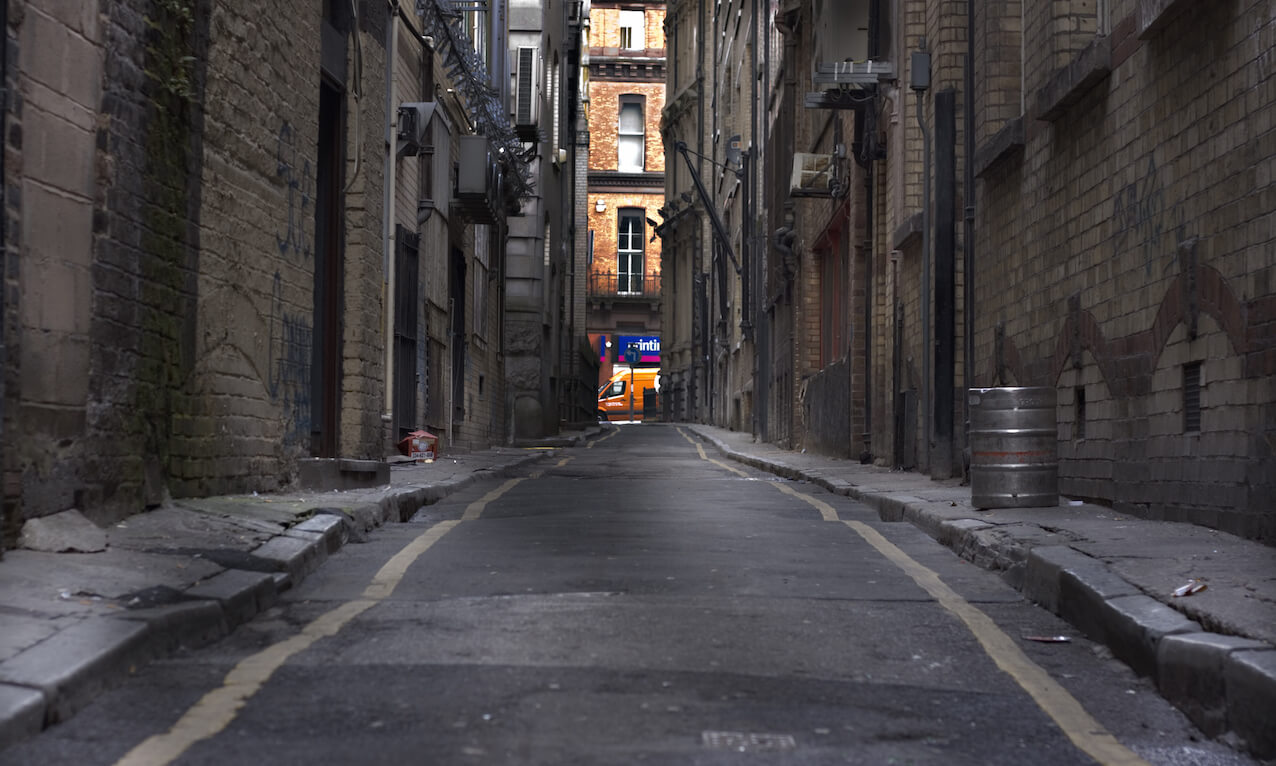
In the last half of the 1800s, thousands of urban poor people, many who were immigrants, lived in overcrowded and unsafe tenement buildings. This article describes how tenements came into being and were eventually phased out.

Tom Sutcliffe, who writes about the arts and media, examines artists’ struggle to make works relating to 9/11.
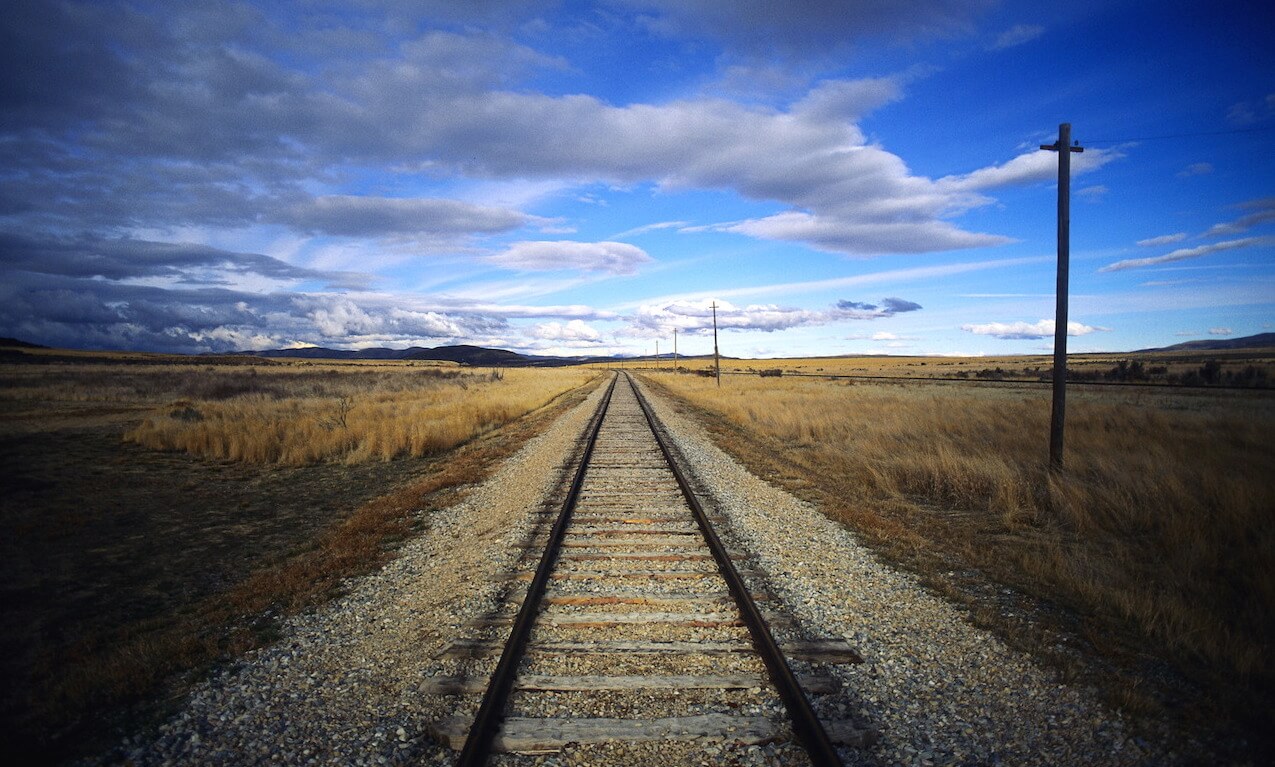
A critic from The Economist magazine reviews The Republic for Which It Stands, in which author Richard White outlines the politics and economics of the United States following the Civil War.
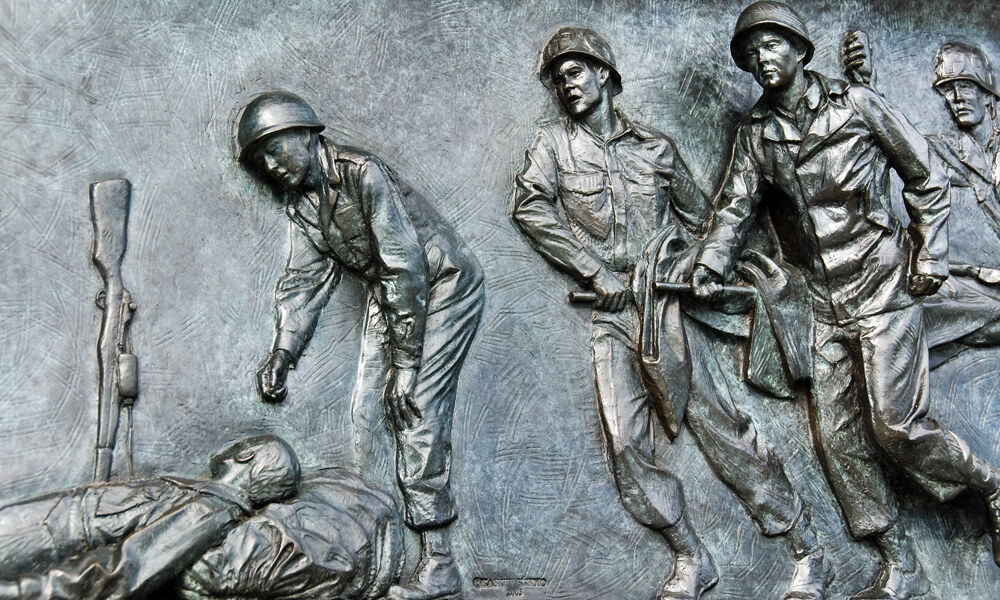
Read this article to learn about the life of Anthony Acevedo, a former U.S. Army medic who kept a diary of his time in a Nazi concentration camp as a prisoner of war.
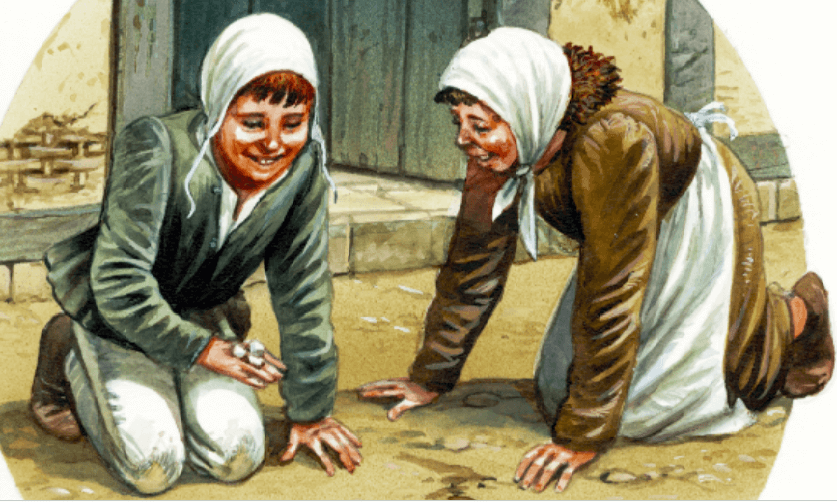
Where do fairy tales and legends come from? At least one well-known tale is rooted in a real historic event.

Learn about six women who refused to let discriminatory social climates keep them from adventure-filled lives.

Read this review of Revolution 2.0 to learn about Wael Ghonim’s experience and influence during the 2011 Arab Spring.
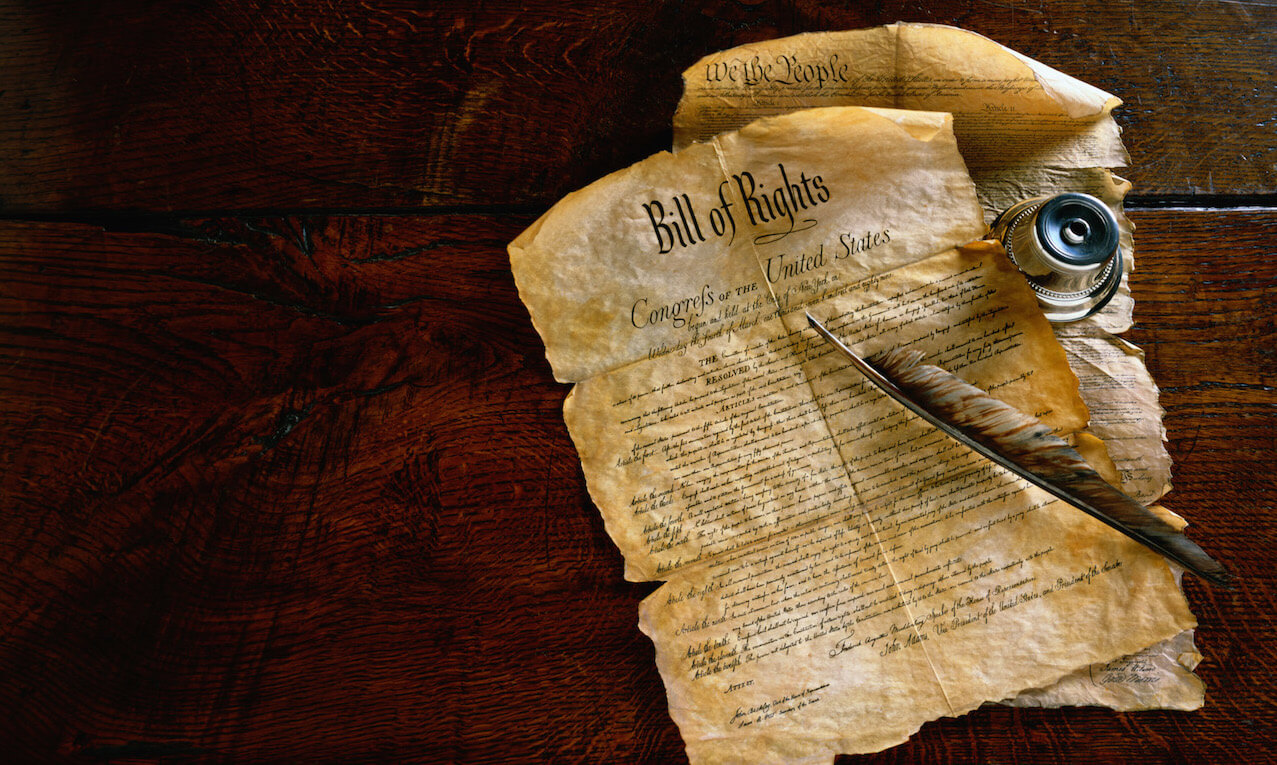
As an anti-Federalist, Patrick Henry opposed the ratification of the Constitution. Read about his opposition to Thomas Jefferson and James Madison.
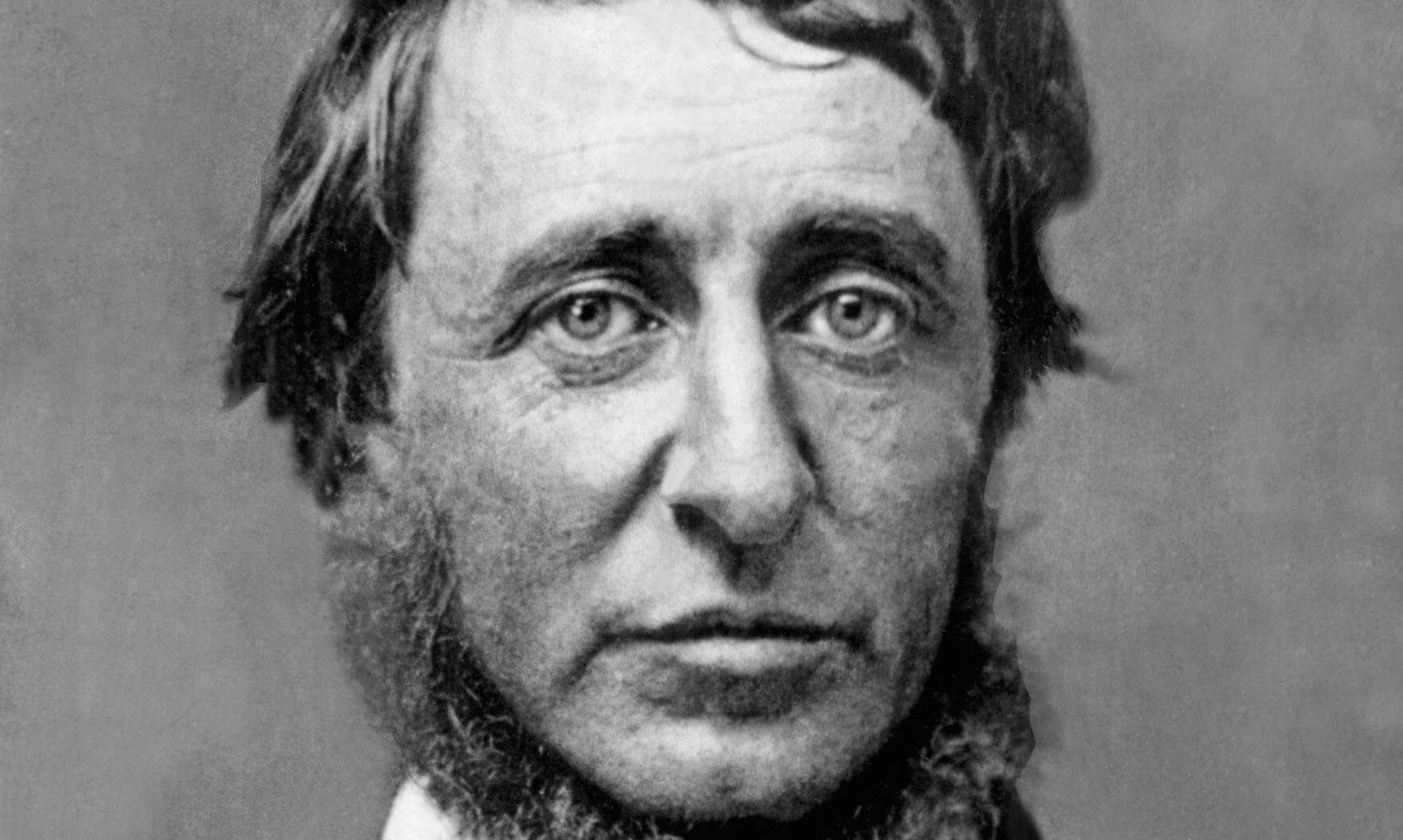
Writer Kennedy Warne reflects on his admiration of Henry David Thoreau after a day spent at Walden Pond. View the image gallery at the top of the article to see the inspirational location.

Author Tim O’Brien talks to a reporter from The Washington Post about how he remains deeply haunted by his time as a solider in the Vietnam War.
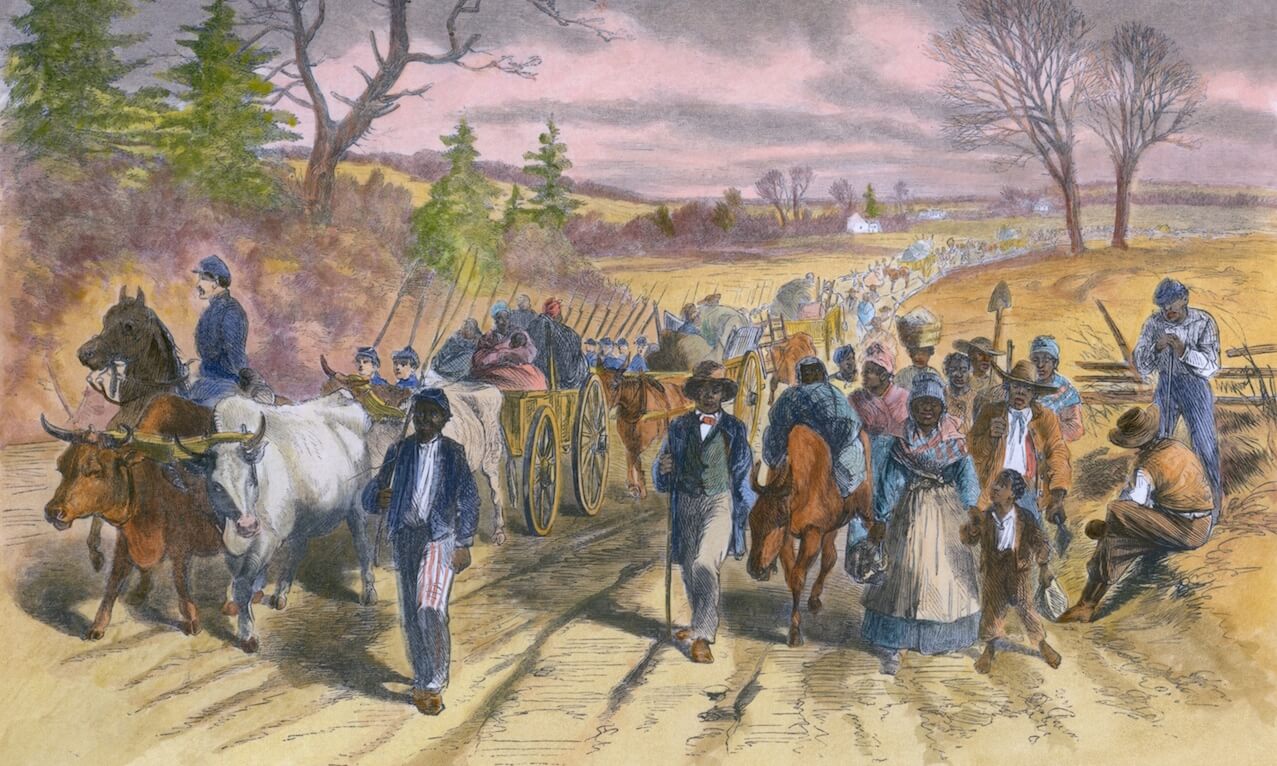
Critic Herschthal reviews historian Stephen Kantrowitz’s 2012 book about the abolitionist leaders who fought for more than just the end of slavery before and after the Civil War.
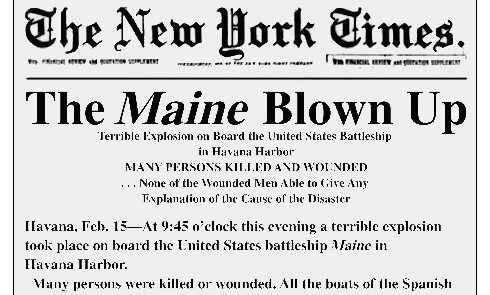
This video gives a brief overview of the event that initiated the Spanish-American War, as well as a history of the Battle of Manila Bay.
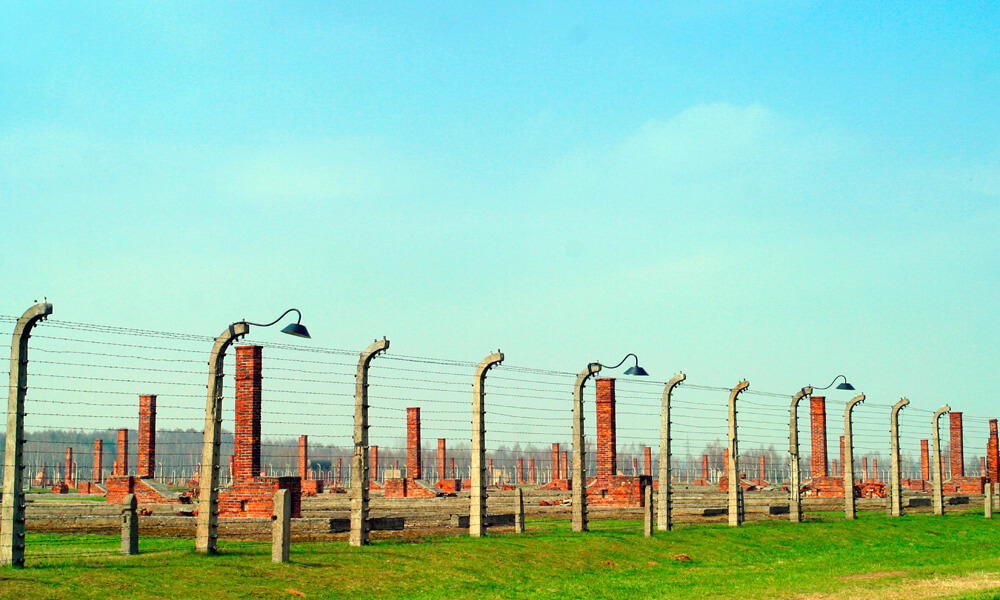
Poland may implement a law that will make it illegal to accuse the country of involvement with the Holocaust. Click to learn more about the law and the controversy surrounding it.
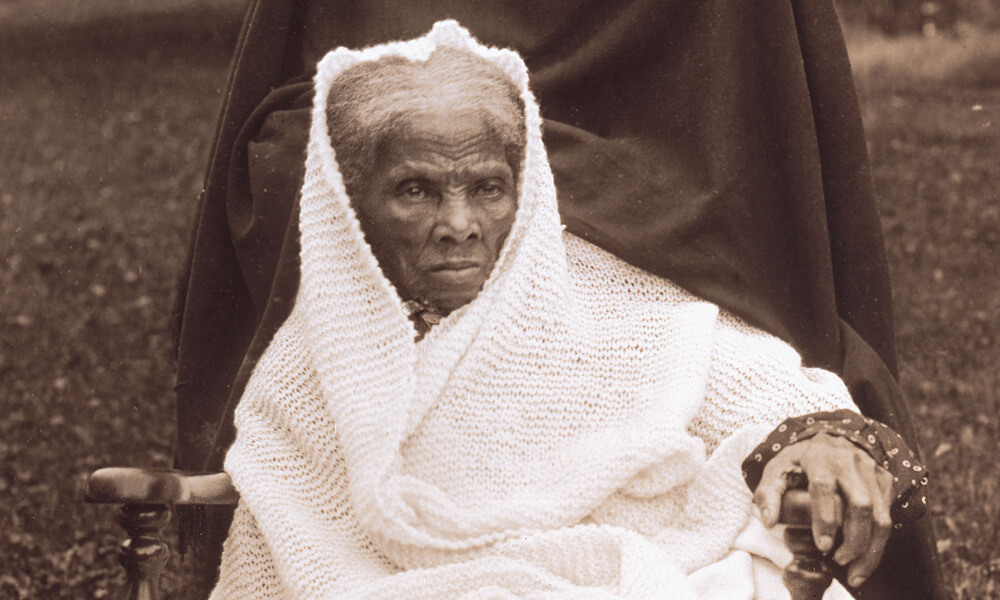
In another chapter of America’s reckoning with the history of slavery, Baltimore has removed Confederate statues from one of its parks and renamed it after abolionist Harriet Tubman.